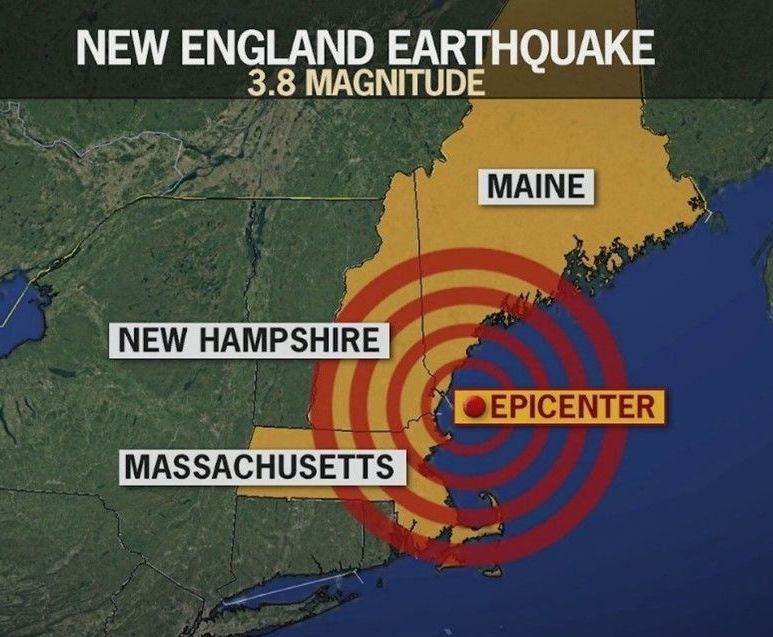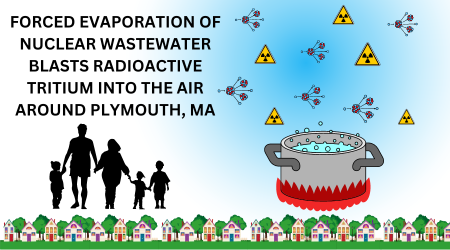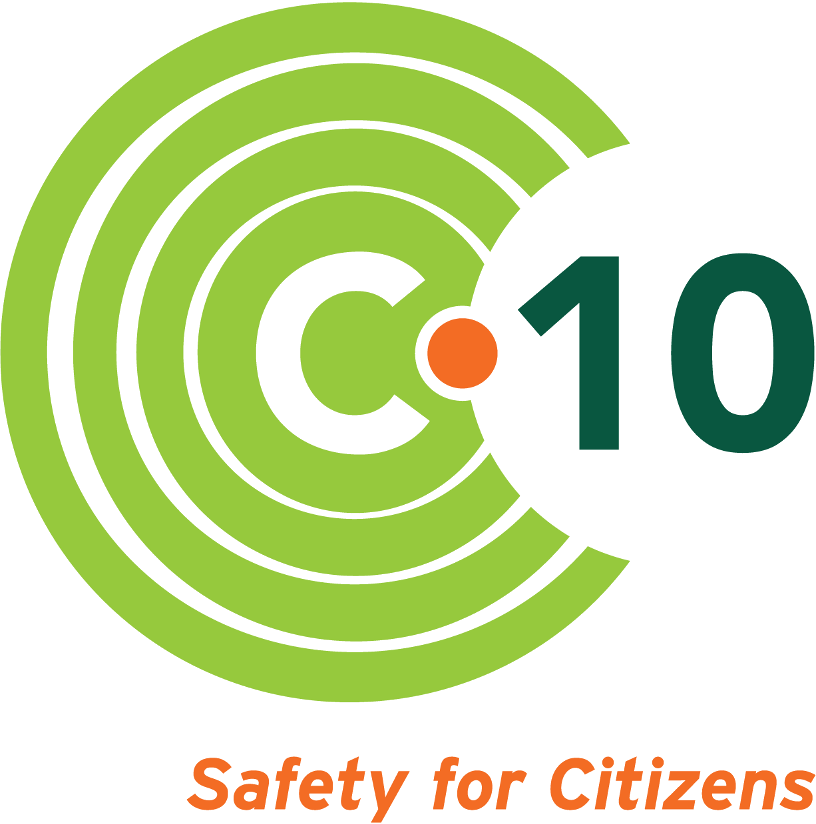Follow us
Blog Post
C-10 Research & Education Foundation, Inc.
11 Chestnut Street
Amesbury, MA 01913
Phone: (978) 465-6646
Email: info@c-10.org
© C-10 Research and Education Foundation 2025 C-10 is a registered 501(c)(3) nonprofit. Tax ID/EIN #22-3117209.




Decommissioning: When Nuclear Reactors Retire
NRC Seeks to Change the Rule Governing Decommissioning to Prevent Citizens and State Leaders from Interfering
When Diane Turco spoke at the C-10 Annual Meeting on June 20, 2022, we gained valuable first hand insights into the uphill but worthy battle to protect the public and the environment during the decommissioning of the Pilgrim Station Nuclear Plant. Since then, C-10 has coordinated with groups doing similar advocacy work on decommissioning in San Onofre, CA, and Indian Point, NY.
It turns out that the biggest player in decommissioning, Holtec, has a bad track record of significant mistakes--but the NRC still wants to proceed with rule changes that would remove accountability measures in a trade-off that hands more of the reins over to the private companies that decommission nuclear power plants. C-10 has thoroughly read and researched the rule change, and surmised that it prioritizes speed and cost over public and environmental safety. SEE OUR FULL COMMENT TO THE NRC HERE.
The rule's name is Regulatory Improvements for Production and Utilization Facilities Transitioning to Decommissioning, and it seeks to strip away the right for all stakeholders to have a seat at the table. It was proposed by the NRC Commission on March 3, 2022. The original comment period went through May 17, 2022 but was then extended to August 30, 2022. The rule was brought up when there were just three commissioners in place, with two seats vacant, and the vote to proceed with the rule was 2-1 with only Commissioner Jeff Baran voting against it.
As an overview, here is a brief history of decommissioning rules:
The 1988 original decommissioning rules provided decent measures for public safety and citizens and state involvement.
The 1996 Rule changes stripped a lot of those measures away.The 2022 proposed rule changes further remove the public's ability to seek clarification on and object to any decommissioning plans proposed by a plant--and even weakens the NRC's oversight of the process.
Does this sound concerning to you? Anyone can submit a comment to the NRC on this rule!
*C-10 is happy for anyone to use this text verbatim or as a reference when submitting a comment. Every comment counts!*
Example Comment Text:
"Current proposed rule changes for the decommissioning of nuclear power plants place public and environmental safety below the interest of the industry and abdicate the regulatory responsibility of the NRC to ensure that decommissioning is carried out safely and effectively. The proposed rules must be revised to prioritize protection of people and the environment. This should include opportunities for interested stakeholders, state authorities and workers to be engaged in the specific planning in their area, robust emergency preparedness planning, and financial guarantees to ensure the industry is able to carry out decommissioning carefully and safely."
Let's Learn from others, neighbors and across the country
Diane Turco, Director of Cape Downwinders and member of Save Our Bay MA, recently updated us on what is happening with the decommissioning of Pilgrim Nuclear Plant in Plymouth, MA. Holtec Decommissioning International, which bought the license for Pilgrim from Entergy in 2019 for about $1,000 when it shuttered the reactor, has ownership of the $1.2 billion Decommissioning Trust Fund which is ratepayer funded. Currently Holtec plans to dump over a million gallons of spent fuel radioactive waste water into Cape Cod Bay as the fastest and cheapest way to dispose of this dangerous water. That action would devastate our Blue Economy, destroy the livelihoods of the fishing and tourist industries, and damage the health and wellbeing of our communities and the marine environment.
On July 25, the MA legislated state Nuclear Decommissioning Citizens Advisory Panel held their public meeting during which Holtec Senior Compliance Manager David Noyes declared, "We will not say we will not discharge in Plymouth Bay". For background, the license transfer to Holtec included an agreement with the MA Attorney Generals Office in which Holtec agreed to abide by all state laws/regulations. If Holtec were to follow through with previously published plans to dump that waste water it would be in violation of the state Oceans Sanctuary Act among other state regulations that prohibit this action. As of today, the Holtec plan remains in place and there has been no legislative nor state challenge to the plan.
On June 17, the EPA firmly denied that Holtec's existing permits allowed them to proceed with their plans to dump a large volume of radioactive wastewater into Cape Cod Bay. Given the Ocean Sanctuary Act and Holtec AGO Settlement Agreement, Massachusetts and the EPA have recourse to prevent the dumping of waste. For example, Attorney General Maura Healey has legal grounds to put into place an injunction to prevent the dumping from proceeding. Cape Downwinders and the increasingly impassioned public will continue to hold accountable officials and decision makers.
Looking across the country to the west coast for vital learning opportunities, there were significant issues in the decommissioning and cask storage of nuclear waste at the San Onofre plant in California. One cask full of nuclear waste almost fell 18 feet and there are visible scratches on many others as a result of imperfect lowering of the casks into their underground storage area.
Voices from the public can drive how regulators design rules. Reminding the NRC that there are human and environmental impacts at stake, and amassing experts to speak on the public's behalf, is something that C-10 and other nuclear watchdogs continue to do. These are important factors for decision makers to understand while they consider how decommissioning plans should be approved and executed.
“Knowledge is no guarantee of good behavior, but ignorance is a virtual guarantee of bad behavior.” ~ Martha C. Nussbaum